Health
Teenage Health and Diet Issues
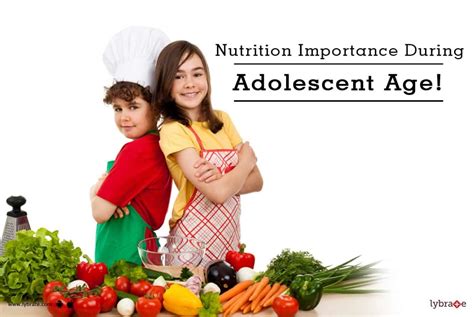
Introduction to Teenage Health and Diet Issues

As teenagers navigate the challenges of adolescence, their bodies undergo significant changes that affect their overall health and wellbeing. A healthy diet is essential during this phase, as it lays the foundation for future health and development. However, many teenagers face diet-related issues that can have long-term consequences. In this article, we will delve into the common health and diet issues affecting teenagers, exploring the causes, effects, and potential solutions.
Common Health Issues in Teenagers
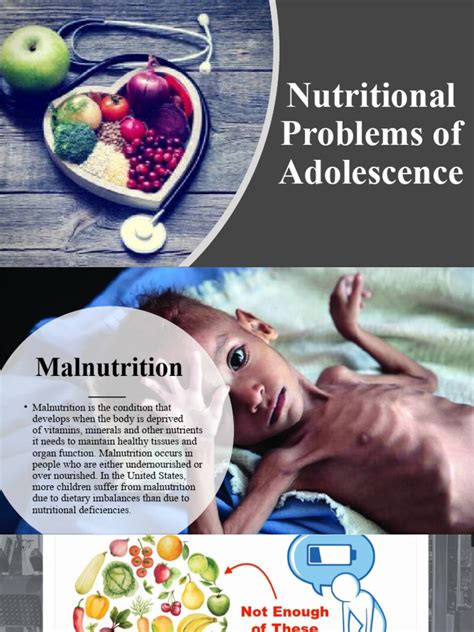
Teenagers are prone to various health issues, many of which are linked to their diet and lifestyle. Some of the most common health concerns include: * Obesity: Excessive weight gain due to poor eating habits and lack of physical activity. * Anxiety and depression: Mental health issues that can be exacerbated by unhealthy eating habits and lack of essential nutrients. * Acne and skin problems: Hormonal fluctuations and poor diet can lead to skin issues, such as acne, eczema, and psoriasis. * Digestive problems: Irregular eating habits, poor food choices, and lack of fiber can cause digestive issues, such as constipation, diarrhea, and bloating.
Dietary Challenges in Teenagers
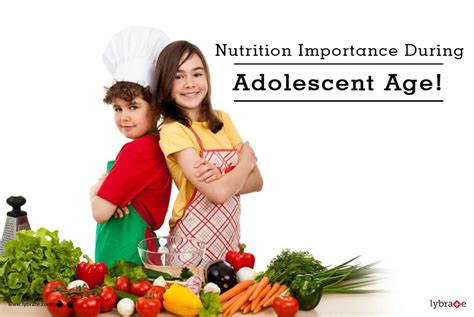
Teenagers often face challenges in maintaining a healthy diet due to various factors, including: * Peer pressure: The influence of friends and social media can lead to unhealthy food choices. * Lack of nutrition knowledge: Limited understanding of essential nutrients and healthy eating habits. * Busy schedules: Tight schedules can lead to reliance on convenience foods and skipped meals. * Emotional eating: Using food as a coping mechanism for stress, anxiety, and other emotions.
Nutritional Requirements for Teenagers
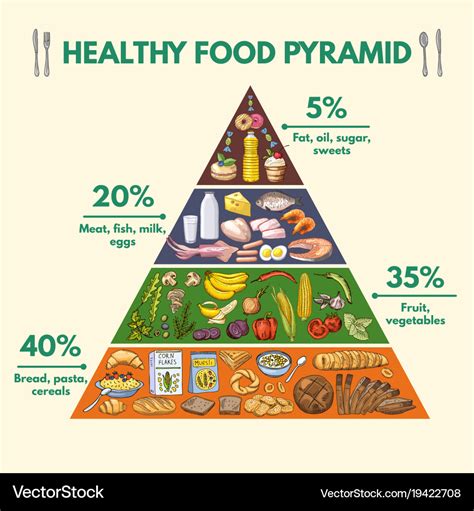
Teenagers have unique nutritional needs to support their growth and development. Essential nutrients include: * Protein: For muscle growth and repair. * Calcium: For bone development and density. * Iron: For healthy red blood cells. * Whole grains: For fiber, vitamins, and minerals. * Fruits and vegetables: For essential vitamins, minerals, and antioxidants.
Healthy Eating Tips for Teenagers
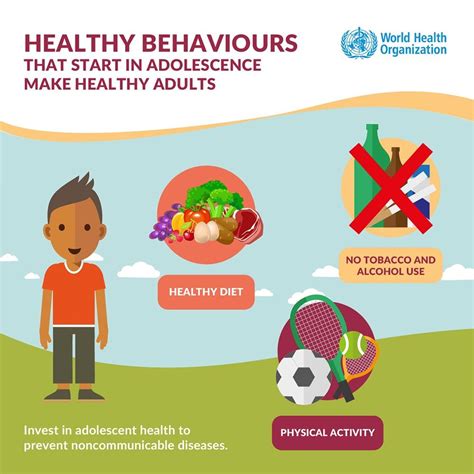
To maintain a healthy diet, teenagers can follow these tips: * Eat regular meals: Aim for three main meals and one or two snacks per day. * Choose whole foods: Focus on whole grains, fruits, vegetables, lean proteins, and healthy fats. * Limit processed foods: Restrict foods high in sugar, salt, and unhealthy fats. * Stay hydrated: Drink plenty of water throughout the day. * Be mindful of portion sizes: Eat until satisfied, but avoid overeating.
Role of Parents and Caregivers
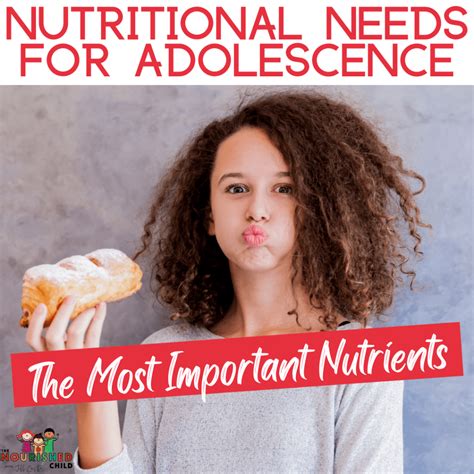
Parents and caregivers play a crucial role in promoting healthy eating habits in teenagers. They can: * Lead by example: Demonstrate healthy eating habits and a positive relationship with food. * Provide nutritious options: Stock the kitchen with whole foods and limit processed snacks. * Encourage open communication: Talk to teenagers about their food choices and listen to their concerns. * Support meal planning and preparation: Involve teenagers in meal planning and cooking to teach them essential skills.
Overcoming Diet-Related Issues
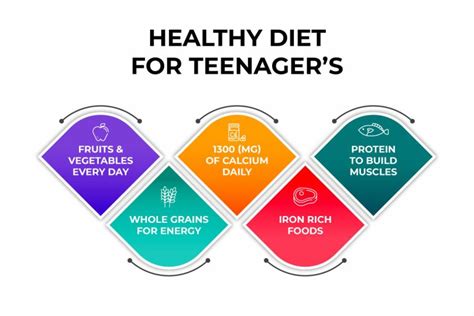
To overcome diet-related issues, teenagers can take the following steps: * Seek professional help: Consult a registered dietitian or healthcare provider for personalized guidance. * Keep a food diary: Track food intake and emotions to identify patterns and triggers. * Find healthy coping mechanisms: Engage in physical activity, practice stress-reducing techniques, and connect with friends and family. * Set realistic goals: Aim for gradual, sustainable changes rather than drastic restrictions.
📝 Note: It's essential to address diet-related issues in a supportive and non-judgmental manner, focusing on overall health and wellbeing rather than weight or appearance.
Conclusion and Future Directions
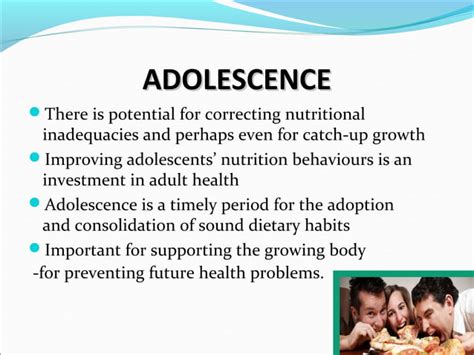
In conclusion, teenage health and diet issues are complex and multifaceted. By understanding the common health concerns, dietary challenges, and nutritional requirements, teenagers, parents, and caregivers can work together to promote healthy eating habits and overall wellbeing. By adopting a balanced and sustainable approach to nutrition, teenagers can set themselves up for a lifetime of optimal health and happiness.
What are the most common health issues affecting teenagers?
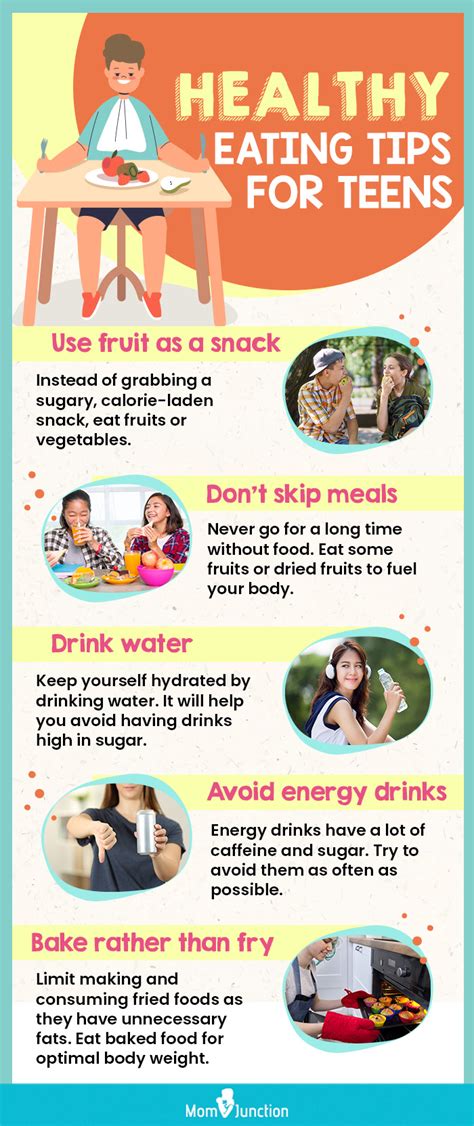
+
The most common health issues affecting teenagers include obesity, anxiety and depression, acne and skin problems, and digestive problems.
What are the essential nutrients for teenagers?
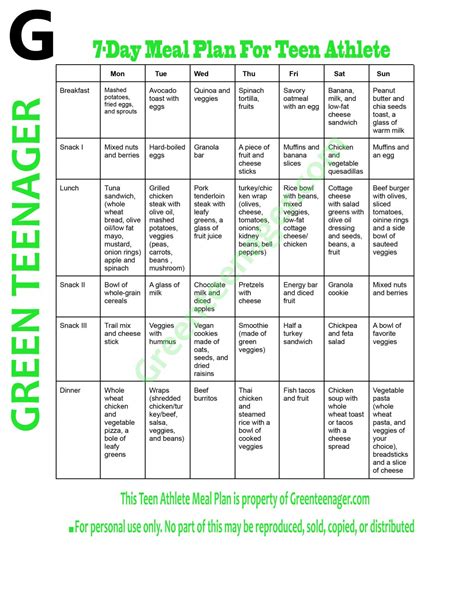
+
Essential nutrients for teenagers include protein, calcium, iron, whole grains, and fruits and vegetables.
How can parents and caregivers promote healthy eating habits in teenagers?
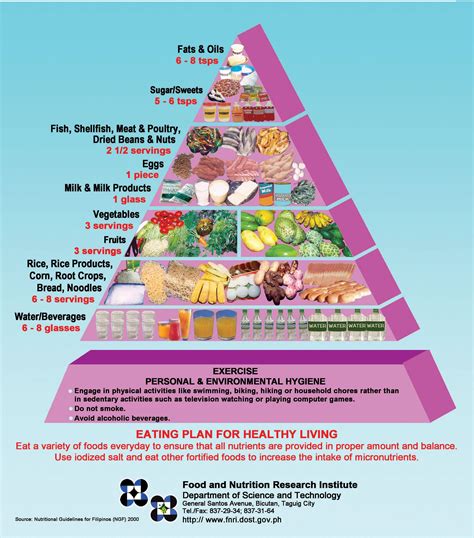
+
Parents and caregivers can promote healthy eating habits in teenagers by leading by example, providing nutritious options, encouraging open communication, and supporting meal planning and preparation.
Related Terms:
- 10 nutritional problems of adolescence
- Nutritional problems of adolescence PDF
- Nutrition in adolescence
- Food pyramid health
- healthy eating during adolescence
- why adolescents need proper nutrition



